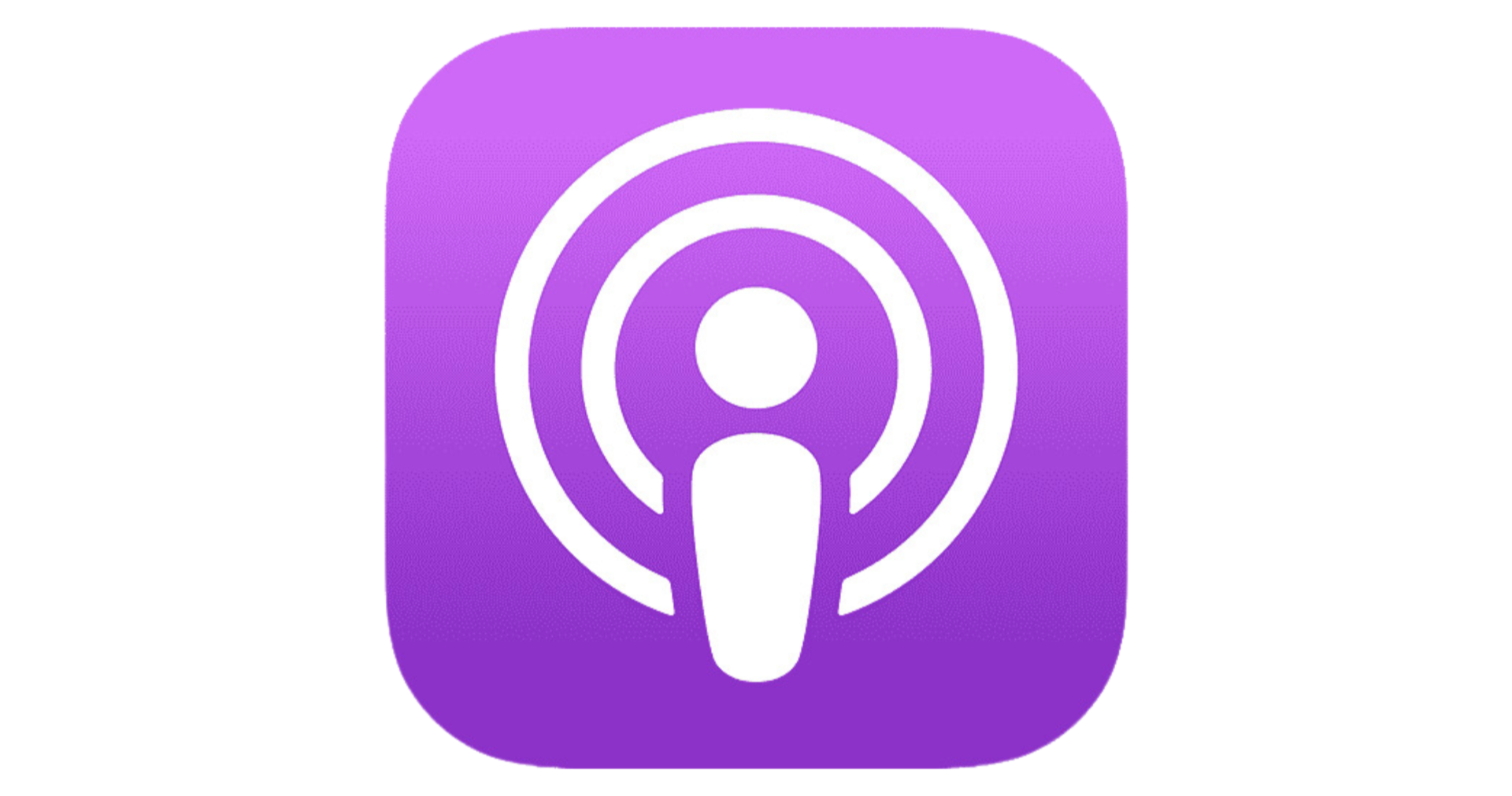Episode #3
Montessori Sensitive Periods
Listen On ...
Unlocking The Hidden Windows of Childhood
Unlock Your Child’s Potential of the Absorbent Mind
Write your awesome label here.
Montessori Sensitive Periods: The Secret to Effortless Learning & Growth
Sensitive Periods Cheat Sheet
A practical guide to understanding Montessori Sensitive Periods—critical windows when your child absorbs skills effortlessly and thrives through natural learning. Download your free guide now! ⬇️
Write your awesome label here.
In this episode, we discuss:
Unlocking the Evolutionary Blueprint for Your Child’s Growth
CITED RESEARCH & SOURCES
Timing Isn’t Set in Stone
New Episode Every MONDAY & THURSDAY
Catch Up On Recent Episodes
Your Stories
#Parenting #Transformation #EarlyYears
"This is changing people's lives and most importantly, children's future!"
Sara Parker
"This is the best learning platform I found so far. I was pleasantly surprised with the possibilities!"
Maggie Ching
"Too good to be true! The program and courses are wonderful!"
Rachel Zentner
Write your awesome label here.
Subscribe to our Newsletter!
Thank you!







